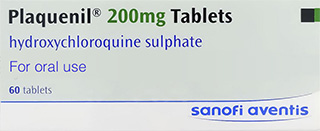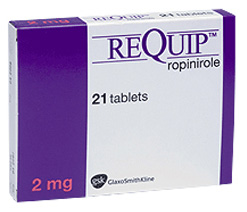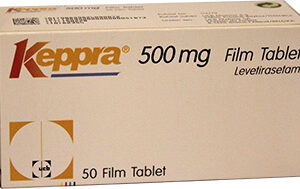Drug Overview
Plaquenil, known generically as hydroxychloroquine sulfate, is classified as an antimalarial medication with anti-inflammatory properties. While originally developed for preventing and treating malaria, its efficacy extends to addressing autoimmune conditions such as rheumatoid arthritis (RA) and systemic lupus erythematosus (SLE). It functions by diminishing the immune response, which can be overly active in these autoimmune diseases.
Indications
Plaquenil is indicated for the prophylaxis of malaria in geographic areas where chloroquine resistance is not reported and for the treatment of acute attacks of malaria. Furthermore, it is also indicated for the treatment of chronic discoid lupus erythematosus, systemic lupus erythematosus, and rheumatoid arthritis in patients who have not responded to other therapies.
Dosage Administration
The dosage of Plaquenil should be tailored to the individual’s needs and disease severity. For malaria prophylaxis, the standard regimen involves an initial loading dose followed by continued treatment at a lower dose. When treating autoimmune diseases, dosage may vary, with adjustments made based on clinical response and tolerance to the drug. Therapy should be initiated by healthcare professionals familiar with the effects and variance of the medication.
Contraindications
Plaquenil should not be used by individuals with known hypersensitivity to hydroxychloroquine, 4-aminoquinoline compounds, or any component of the formulation. Patients with a history of retinal or visual field changes attributable to any 4-aminoquinoline compound should abstain from using this medication. Additionally, it is contraindicated in those with pre-existing maculopathy of the eye.
Warnings/Precautions
Caution is advised when prescribing Plaquenil. It can exacerbate pre-existing conditions, contribute to the development of new conditions, or interact with other medications. Regular eye examinations are recommended, as retinopathy is a potential, albeit rare, complication. Caution is also necessary in patients with hepatic or renal disease and in those with a tendency to develop hypoglycemia.
Adverse Reactions
While generally well-tolerated, Plaquenil can induce assorted adverse reactions ranging from mild to severe. Dizziness, headache, and gastrointestinal complaints are common, while cardiac issues, neuromuscular effects, and severe hypoglycemia are less frequent but more critical. Skin reactions, including Stevens-Johnson syndrome, have been reported and necessitate immediate cessation of the drug.
Drug Interactions
Plaquenil may interact with a variety of medications, which can result in altered drug efficacy or increased risk of adverse reactions. Notably, it may enhance the effects of certain hypoglycemic drugs and potentially interact with cardiac medications, as well as antiepileptic drugs, antacids, and methotrexate, among others. Before initiating Plaquenil, a thorough medication review should be undertaken to minimize these risks.
Specific Populations
Special consideration is required when administering Plaquenil to specific groups. These include pregnant and nursing women, in whom the drug should be used if the potential benefits justify the inherent risks to the fetus or infant. Pediatric usage has been less well-studied, and adults over 65 may require more frequent monitoring due to an increased risk of side effects.
Overdosage
In the event of overdosage, prompt medical attention is crucial. Overdosage of Plaquenil is particularly dangerous in children and can result in severe hypokalemia, cardiovascular collapse, seizures, and respiratory failure. Appropriate measures include immediate gastric lavage, supportive therapy, and monitoring of cardiac function and electrolyte levels.
Supply/Storage
Plaquenil comes in tablet form and should be kept in a light-resistant container as prescribed by the USP/NF. Preservation of the medication requires it to be stored at room temperatures between 59°F to 86°F (15°C to 30°C), kept away from moisture and places accessible to children. Proper disposal practices should also be adhered to for expired or unused medication.
Counseling Information
Patients prescribed Plaquenil should receive comprehensive counseling from healthcare providers on its usage, potential side effects, and the importance of regular check-ups. Emphasis should be placed on the necessity of eye exams before and during treatment, the need to report any symptoms promptly, and the imperative to avoid alcohol, which may exacerbate liver dysfunction associated with the drug.






Reviews
There are no reviews yet.